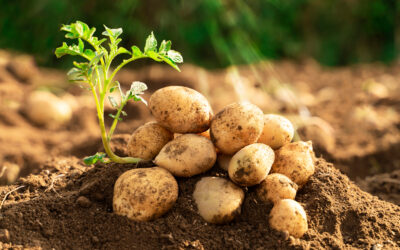Honey has long been admired for its sweet taste and versatility, but one of its most remarkable qualities is its longevity. In fact, honey never spoils. This unique property of honey has been known since ancient times, and archaeologists have even found jars of honey in Egyptian tombs that are over 3,000 years old—and still edible.
The secret to honey’s incredible shelf life lies in its chemical composition. Honey is low in moisture and highly acidic, creating an inhospitable environment for bacteria and microorganisms that would normally lead to food spoilage. It contains natural sugars, like fructose and glucose, which absorb water and further inhibit bacterial growth. Additionally, bees add an enzyme called glucose oxidase to the nectar they collect, which produces hydrogen peroxide—a natural preservative.
This combination of factors ensures that honey can last indefinitely when properly stored in a sealed container. It may crystallize over time, but that process doesn’t affect its safety or nutritional value. You can simply warm the honey to return it to its liquid state.
Aside from its longevity, honey has been used throughout history for its medicinal properties. Ancient civilizations applied honey to wounds due to its antimicrobial properties. Today, honey is still used in natural remedies for sore throats and burns. Manuka honey, in particular, has garnered attention for its potent antibacterial qualities, making it a popular choice in modern wound care products.
While honey may not spoil, it’s important to store it correctly. Exposure to air, moisture, and heat can alter its texture and color. To keep honey fresh, store it in a cool, dry place in an airtight container.
In a world where most foods come with expiration dates, honey stands out as a true testament to nature’s resilience. The next time you drizzle honey over your toast or add it to your tea, you can appreciate the fact that it may very well be the oldest—and longest-lasting—food on your shelf.
Related Articles
The Potato was First Cultivated Over 7,000 Years Ago!
The potato, first cultivated over 7,000 years ago by Indigenous communities in the Andes Mountains of South America, is a crop with a fascinating journey that reshaped global diets and economies....
ASMR Might Be Linked to a Brain Response Similar to the Feeling of Meditation!
ASMR, or Autonomous Sensory Meridian Response, refers to a pleasant tingling sensation that some people feel in response to specific sounds, visuals, or gentle actions, such as whispering, tapping,...
The Concept of AI was First Proposed in the 1950s
The concept of artificial intelligence (AI) emerged in the 1950s, with early pioneers envisioning a future where machines could simulate human thought. One of the first AI programs was developed by...





